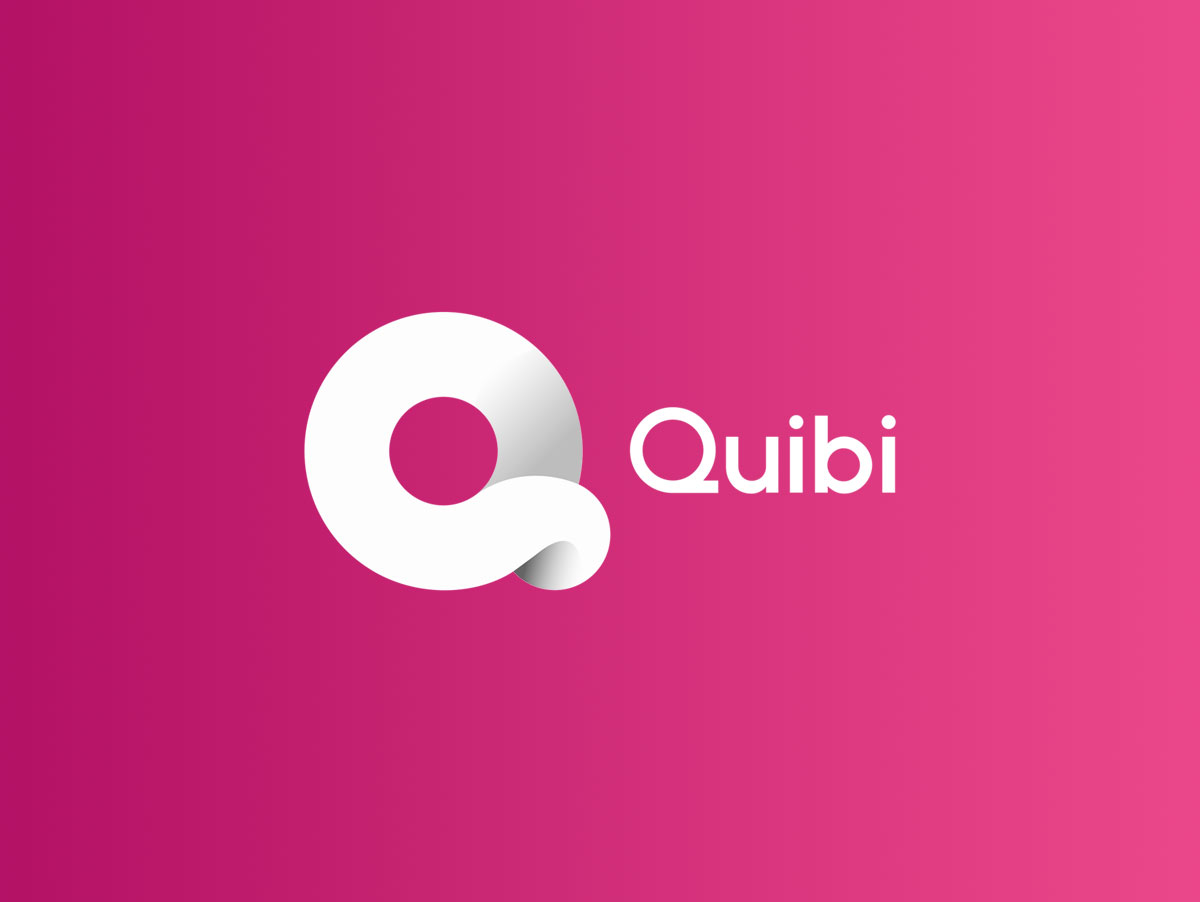Filmmakers Sam Raimi, Guillermo del Toro and Antoine Fuqua and noted producer Jason Blum will all create shows for the new mobile subscription service, which launches next year.
“These people are so excited about doing something new. They want to be the pioneers. They want to be able to show the path in doing this,” said Katzenberg. “We are going to do be able to do extraordinary storytelling.”
Whitman announced the service will be called Quibi, short for quick bites of content.
“Jeffrey can’t stop saying the name Quibi,” Whitman said. “I think that will be a fun name for us.”
Katzenbenberg talked about his rationale for the startup, which has secured an initial round of $1 billion. He said people leave the house each day with a television in their pockets — their smartphones; and they’re devoting 70 minutes a day watching videos from these ubiquitous portable screens.
YouTube, Facebook, Instagram and Snap all have created an appetite for mobile video, and helped to establish a powerful daily habit. Now, mobile video is ready for its HBO moment — a time for a new player to step in and reinvent mobile video with high-quality content from Hollywood’s top talent.
“We think is a spectacular new opportunity,” Katzenberg said.
Katzenberg approached Whitman to join him in the venture last November, when the veteran tech executive announced she would depart as chief executive of Hewlett Packard Enterprise.
“Jeffrey read about this and literally, within five minutes, he was on the phone and said, ‘Hey, I’d like you to join me in NewTV,” Whitman recalled.
“She said, ‘I’m going on vacation.’ I said, ‘Can I have dinner with you tomorrow night before you go?” recounted Katzenberg.
That dinner didn’t happen — but Whitman said she was sold on Katzenberg’s vision and the timing of the venture, which she sees as capitalizing on powerful market trends.
“There’s a very clear white space in terms of short form content under 10 minutes, what we call quick bites, delivered to mobile platform,” said Whitman, who first met Katzenberg 30 years ago when they both worked at The Walt Disney Co.
The duo divvied up the labor, with Whitman focused on building out the business and setting corporate culture, while Katzenberg cultivated the content community and selling Hollywood on the notion of serialized, movie-length stories, told in bursts of 10 or 20 minutes.
Katzenberg said Raimi, who first came to the attention of film fans with the savage, yet darkly humorous, low-budget horror film, The Evil Dead, is developing a project titled 50 States of Fear with producer Van Toffler. It aims to tell scary stories from each state in the U.S.
Fuqua is developing a project that Katzenberg described as a modern-day version of Dog Day Afternoon. Blum pitched a project called Wolves and Villagers, which Katzenberg said explores th same sexy terrain as Fatal Attraction.
Academy Award-winning director del Toro is writing a modern zombie story.
The service will be a two-tiered subscription model analogous to that of Hulu, targeting viewers ages 25 to 35. The lower-priced version will have select advertising. Pricing has not been determined, but the goal is to make it “affordable for a diverse group of viewers.”
It’s unclear how the venture will fare against more entrenched players, such as Netflix, whose movies and TV shows already play on mobile devices, and mobile native apps like Snapchat, which just announced its first slate of programming.
Katzenberg appeared to welcome the increasingly crowded mobile marketplace, describing it as creating momentum — literally wind beneath the sails — for his new venture. But he acknowledged the challenge ahead is large.
“Doing this falls somewhere between improbable and impossible,” said Katzenberg, who referred to himself and Whitman as “old dogs” with a new trick, raising objections from his business partner. “We’ve been to the rodeo a whole bunch of times. That play, between improbable and impossible, that’s my home address.”
Hollywood similarly been sold on Katzenberg’s vision, and the opportunity to learn about mobile storytelling in a form of experimentation that allows them to develop and keep their intellectual property.
The backers include such Hollywood players as Disney, eOne, Fox, ITV, Lionsgate, MGM, NBCUniversal, Sony Pictures, Viacom, and WarnerMedia. Technology investors include e-commerce giant Alibaba. Strategic partner investors include Goldman Sachs, JPMorgan Chase, Liberty Global and Madrone Capital, the last of which led the round.


